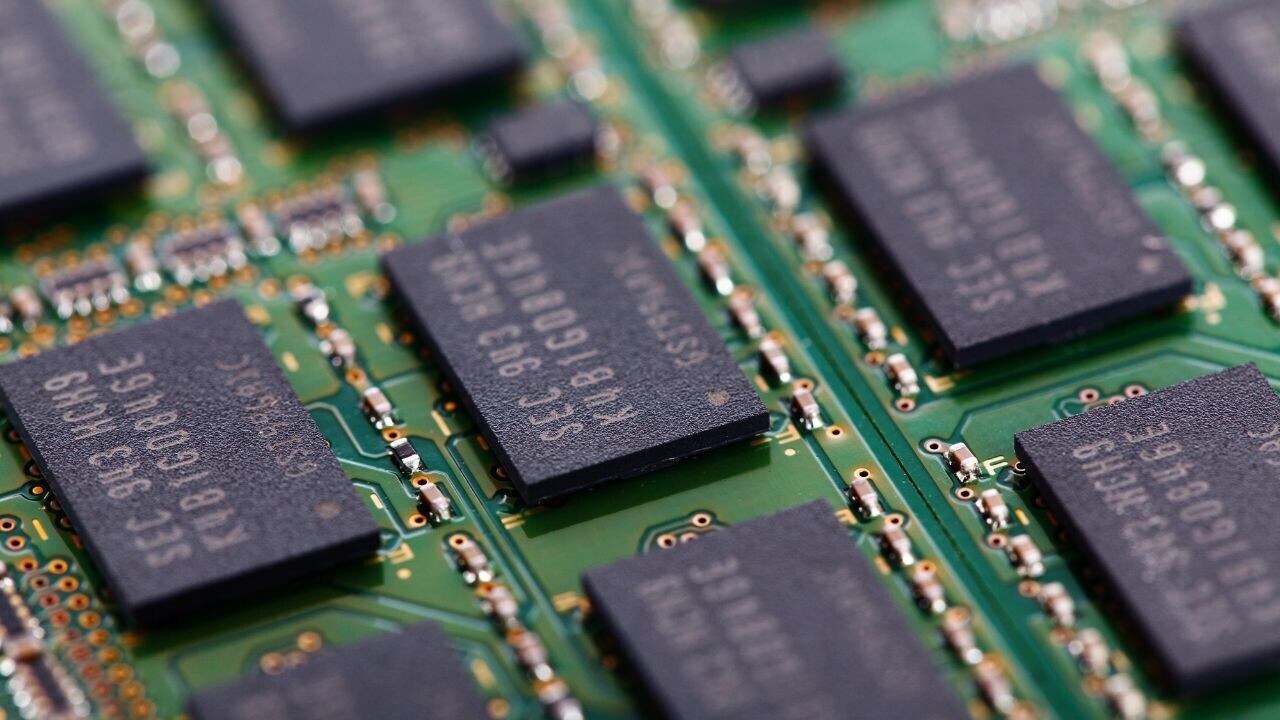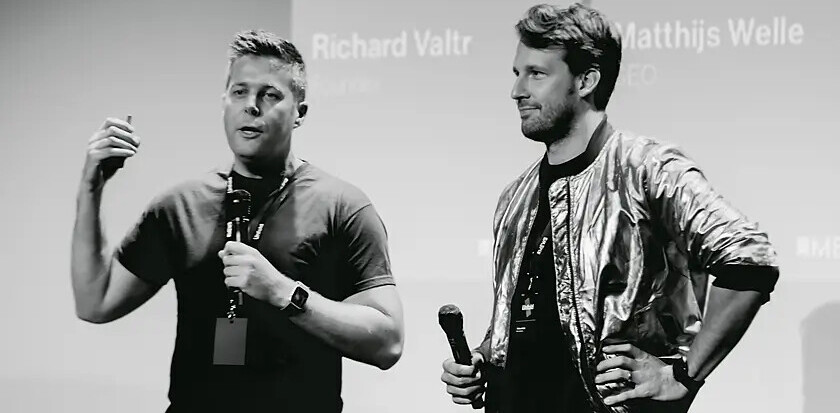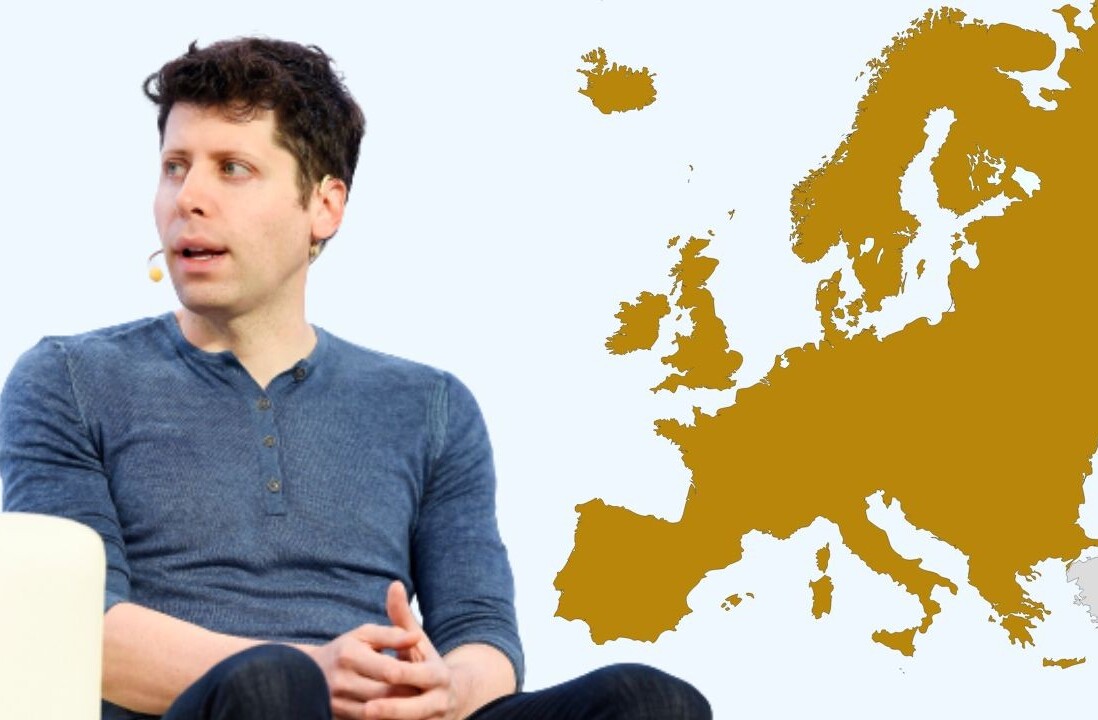
Wolfspeed — a US-based silicon carbide (SiC) semiconductor maker — is set to build a chip factory in Germany, Handelsblatt reports. That’s a significant step for both the country’s green mobility and Europe’s chip industry.
According to the newspaper, the over €2 billion-worth facility will be located at a site in southwest Saarland. Series production is expected to begin in four years.
German auto supplier ZF will hold a minority stake in the factory, but will be a majority shareholder in the accompanying research center.
Wolfspeed’s decision to build a plant in Germany is a boost for the domestic car industry, especially when it comes to electric vehicles. Although silicon carbide (a compound of silicon and carbon) is costlier than conventional silicon, SiC chips are considered more promising: they can increase EV range, reduce charging time, and bring down operating costs due to lower energy consumption.
And with the plant in close proximity to Germany’s (electric) car production sites — think of BMW, Ford, Mercedes, and Volkswagen — manufacturers can hope to secure easy access to the supply chain.
Wolfspeed’s plant is also good news for Europe that’s struggling in chip production — currently accounting for 10% of the global market. The continent’s weak position was especially evident during the pandemic, when supply chains collapsed and it grappled with securing chip access, causing entire industries to sputter.
In response, the EU has been trying to improve its domestic manufacturing capacity. First and foremost comes the European Chips Act, aiming to foster a local semiconductor industry and pushing the bloc’s global market share to 20% by 2030. The Union has also been attempting to attract global players to build factories in the continent — like Intel’s €68 billion investment in a site in Germany and now Wolfspeed.
Europe may only be at the beginning of its plans to become a major chip producer, but there is cause for hope.
Get the TNW newsletter
Get the most important tech news in your inbox each week.




